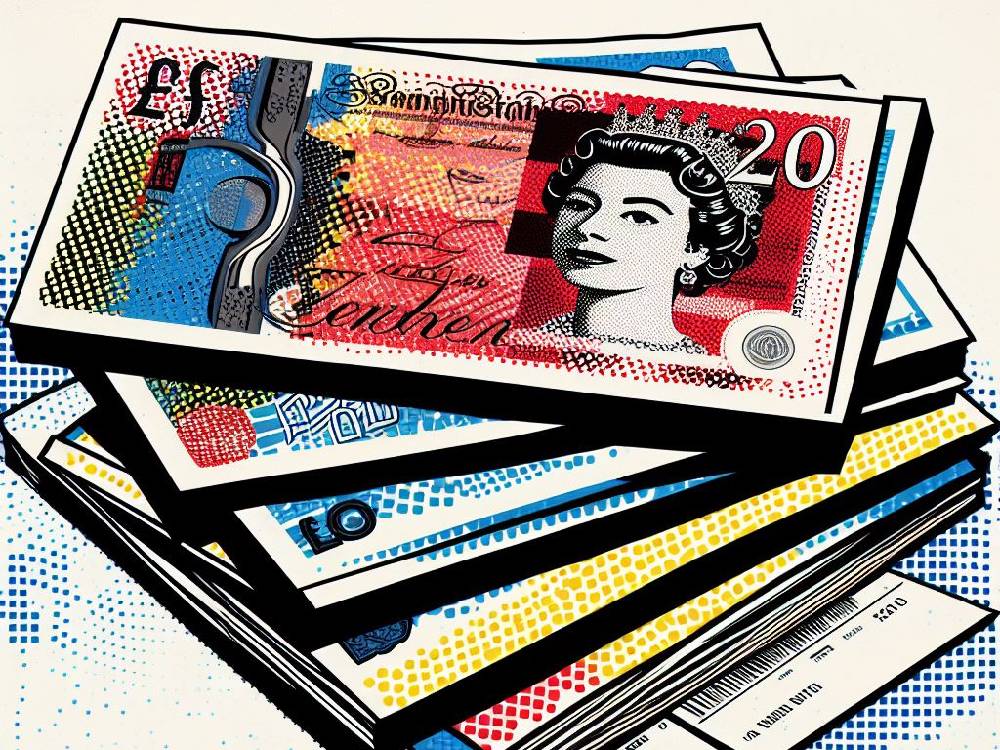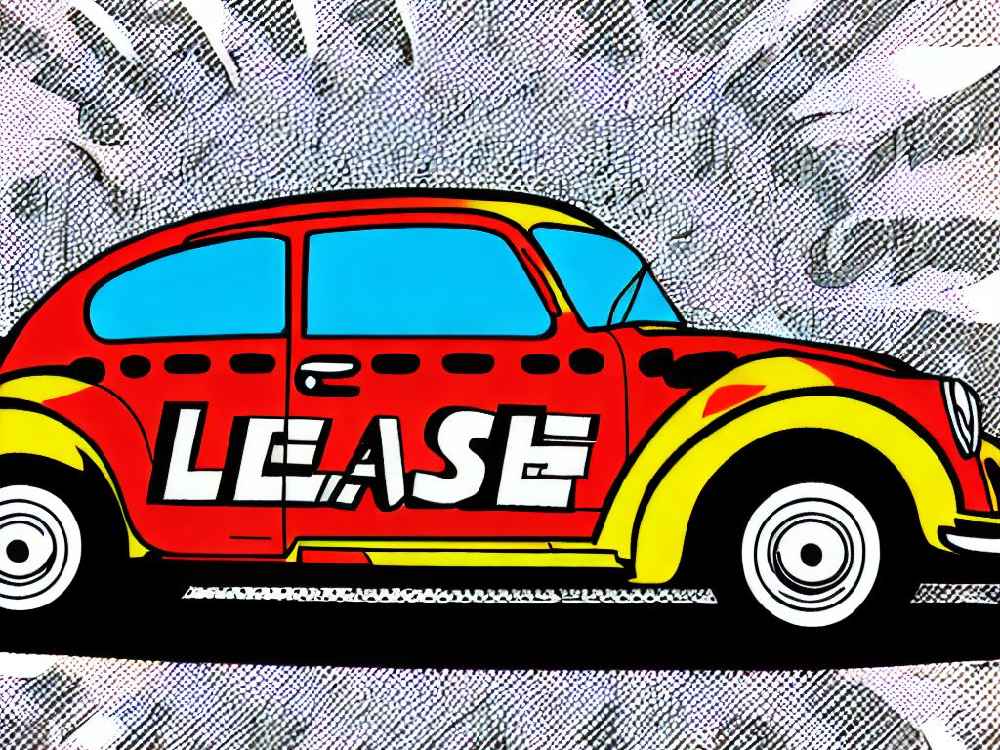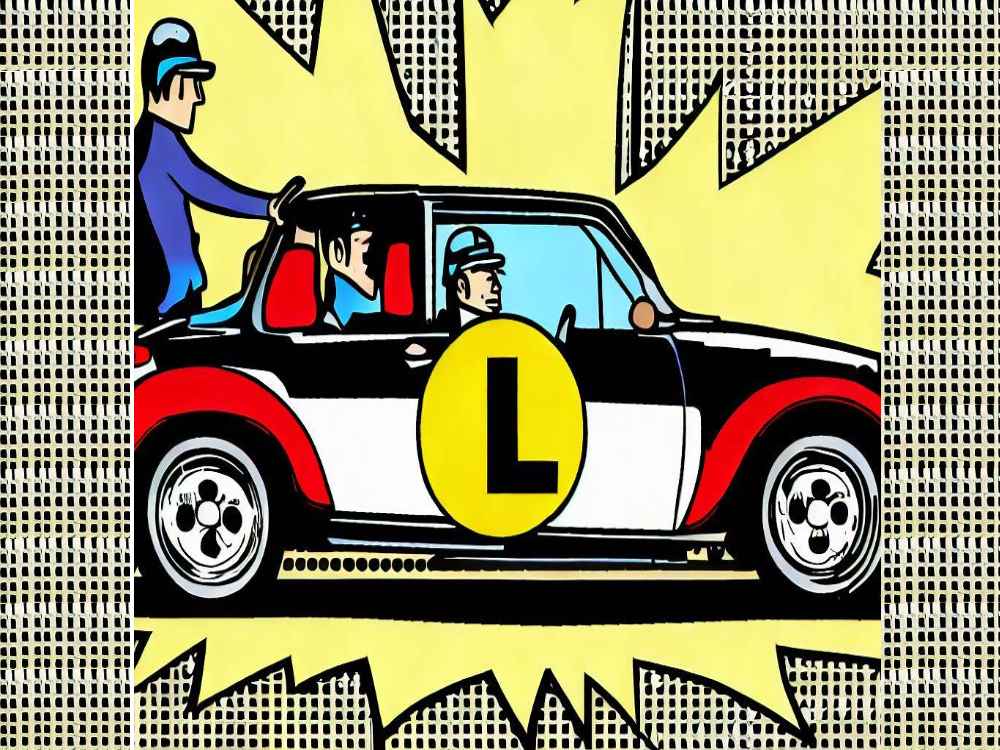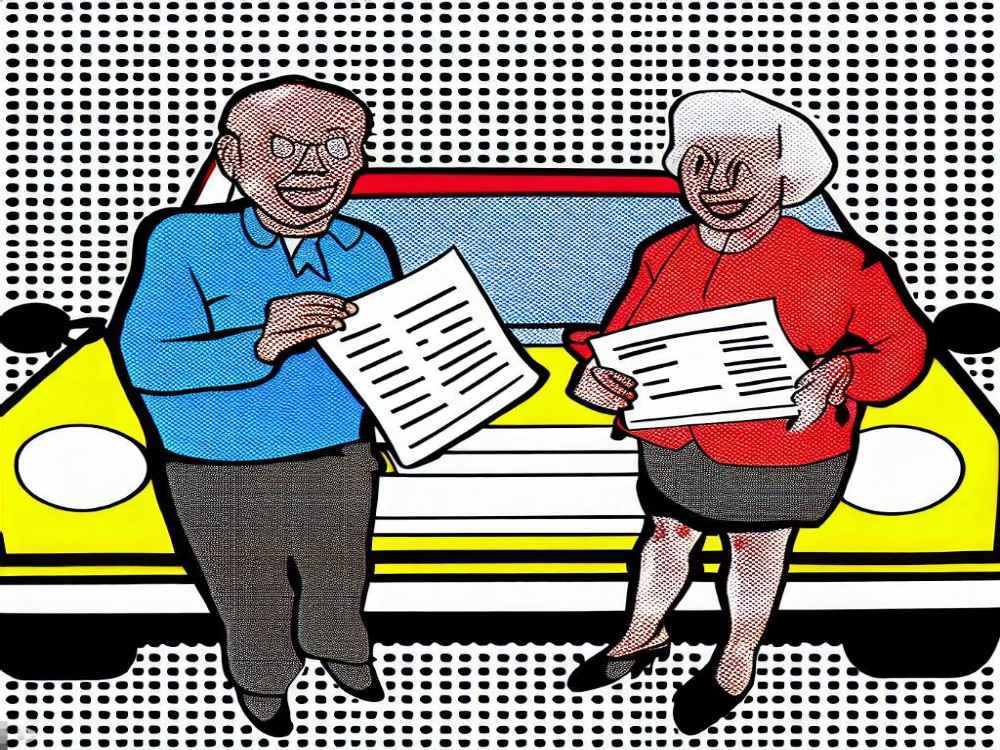Introduction
Speedy cars…
Are you dreaming of the thrill of driving a fast car without breaking the bank on insurance?
You’re in luck!
In the UK, several speedy cars offer the excitement of high performance with the practicality of affordable insurance.
- In this guide, we’re zooming into the top three: the sleek Mazda MX-5 RF, the dynamic Audi S3, and the luxurious BMW M235i.
- Discover how these cars blend thrilling speed with surprisingly low insurance costs.
- Learn about each model’s unique features and why they’re a dream for speed enthusiasts and budget-conscious drivers alike.
A Speedster’s Dream
The Mazda MX-5 RF
It’s a car that refuses to compromise.
Known for its exhilarating driving experience, it also astounds with its reasonable insurance rates.
What makes the MX-5 RF stand out?
Its road-holding abilities, agile handling, and a range of engine options cater to different driving styles.
Whether you’re cruising the countryside or navigating city streets, this car promises an unmatched driving experience.
Curious about insurance?
Check here.
Insurance Savvy with the MX-5 RF
Insurance costs for the Mazda MX-5 RF are surprisingly modest.
For a 50-year-old driver, premiums can start from as low as £614.
However, younger drivers aged around 20 might see figures closer to £1,496.
These rates are quite competitive, considering the car’s performance capabilities.
Need the right insurance?
Our comprehensive guide to car insurance options can help you get started.
Audi S3: The Quick Hatchback
Next up is the Audi S3 – a car that redefines the hatchback category.
With its 2.0-liter turbocharged engine, the S3 is not just quick; it’s a powerhouse of performance.
It combines speed, style, and sophistication, all while keeping insurance costs within a reasonable range.
The S3 is perfect for those who want a car that’s as fast as it is practical.
Want more details?
Dive deeper into the S3’s insurance details on our very cheap car insurance page.
Keeping Costs Down with the S3
The insurance costs for the Audi S3 are a pleasant surprise.
They range from £653 for more experienced drivers to about £1,593 for younger enthusiasts.
These rates reflect the car’s status as a high-performance vehicle but remain within reach for many.
Are you a younger driver?
Our young drivers tips offer valuable insights.
BMW M235i: Luxury Meets Velocity
Last but not least, the BMW M235i is a testament to luxury meeting velocity.
This car stands toe-to-toe with the Audi S3 in terms of speed but adds an extra layer of sophistication.
Its sleek design is matched by a powerful engine, ensuring a driving experience that’s as exhilarating as it is refined.
The M235i is not just about speed; it’s about driving in style, without sky-high insurance costs.
Looking for more info?
Explore more about this model’s insurance on our cheap car insurance for women page, a resource beneficial for all drivers.
Insurance for the BMW M235i might just surprise you.
For drivers in their 50s, rates can be as low as £577.
Yet, younger drivers, around the age of 20, might find premiums around £1,541.
These figures are quite reasonable for a car of its caliber.
Looking for the best deal?
Explore the insurance costs in more detail on our comprehensive vs third-party page.
Understanding Insurance Group Ratings For Speedy Cars
How do insurance group ratings affect your premiums?
Higher-performance, speedy cars often fall into higher insurance groups.
This can lead to higher premiums.
But, it’s not just about the car’s speed or power.
Safety features and repair costs also play a role.
Wondering how this impacts you?
Our detailed explanation of how insurance groups calculate insurance can shed more light.
The Power Of Comparison Websites
Why should you use comparison websites for car insurance?
They help you find the best deal, tailored to your needs.
It’s about more than just finding the lowest price.
You can compare coverage options, excess amounts, and additional benefits.
Need help navigating the options?
Our guide on buying car insurance online offers practical tips.
Conclusion
So, what have we learned about fast cars with affordable insurance in the UK?
It’s clear that speed and affordability can go hand in hand.
Whether it’s the Mazda MX-5 RF, Audi S3, or BMW M235i, each offers a unique blend of exhilaration and economic sense.
Remember, the key is to shop around for insurance.
Use comparison websites to find the best deal that suits your needs and budget.
Interested in exploring more about car insurance?
Check out our blogs on affordable car insurance, new vs old car insurance costs, and young drivers tips.
Fast cars don’t always mean high insurance costs.
With the right research, you can enjoy the thrill of speed without the financial burden.













